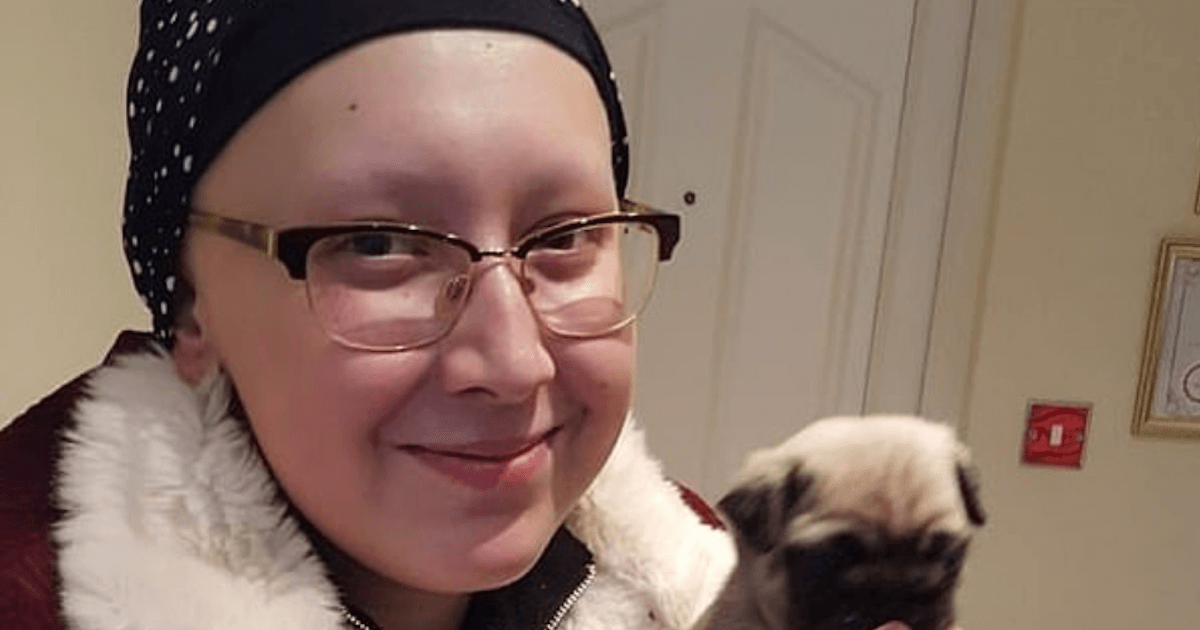Teen's Leukemia Symptoms Misdiagnosed
- A UK teen’s leukemia symptoms were initially misdiagnosed as “teen hormones,” and treatment for her cancer led her to go through early menopause.
- Some cancer treatments, like those for leukemia or ovarian cancer, may lead to early menopause and infertility; options to preserve fertility, such as egg freezing, do exist.
- It’s important to advocate for yourself and go into your doctor appointment with a plan; “be pushy” when needed, experts tell SurvivorNet.
Early Menopause from Cancer Treatments
Wilde’s experience of early menopause is especially sad if the young woman wanted to have biological children one day. We don’t know whether or not she chose to freeze her eggs, which some women do before going through cancer treatments. Egg freezing, while today commonplace for people who aren’t going through cancer treatment, was initially developed as a way to preserve the fertility of women being treated for cancer.Related: Managing Sudden Menopause After Ovarian Cancer Surgery
Premature menopause can happen for some people battling cancer. For women like Araceli Rubi, who battled ovarian cancer, this side effect of treatment came as a shock. Rubi was diagnosed with stage one ovarian cancer, and said in a previous interview with SurvivorNet, “Well, the doctor did tell me that, hey, you’re going to be thrown into early menopause, and you’re young for your age. But we can work through this. I was like, OK.”
Rubi wasn’t prepared, though, for what would follow. She said, “I didn’t know what I was expecting, right? I would wake up at night and my PJs drenched. I’m like, OK, what’s going on? What’s this? So I would call the nurse, of course, and say, hey, this is going on. Is this normal? They’re like, well, that’s part of menopause. I had to re-learn how to live everything of the way that I eat, what I drink, what– everything. My body had to get adjusted, first of all, and not to have any hormones.”
Due to a possible cancer recurrence, Rubi opted to not have hormones. “And I can’t have any hormones,” she said. I choose not to because hormones are a part of maybe the cancer coming back. So I was like, OK, I don’t want a part of that.”
Early Menopause Comes as a Shock to Ovarian Cancer Survivor, Araceli Rubi
Advocating for Yourself
It’s hard to speak up for yourself when you’re a young person, especially one who’s taught to defer to and trust adults, especially adults who are trained to help people, like doctors. Whether you’re a teen or an adult, it’s important to speak up for yourself always and advocate for your health.
In a previous interview, Dr. Zuri Murrell, a colorectal surgeon at Cedars-Sinai, told SurvivorNet that people should educate themselves, go into their doctor appointment with a plan, and be pushy if necessary. He said, “It’s important to know that while we have guidelines– OK– guidelines, especially in this country are meant to take care and do the right thing for the largest number of people, but it’s also with the littlest use of resources. And that’s the truth.”
Dr. Murrell said it’s important to pay attention to your body and note if anything feels off. “The truth is you have to be in tune with your body, and you realize that you are not the statistic. You are not necessarily going to fit into– well, I don’t have to have a colonoscopy yet because I’m not 50, even though my bowel habits have changed, even though I’m having a lot of blood when I have a bowel movement. That’s why it’s important for you to actually educate yourself and be your own health care advocate. And that’s something that I think is really important. You should lead each doctor’s appointment with a plan.”
Be Pushy, Be Your Own Advocate… Don't Settle
Learn more about SurvivorNet's rigorous medical review process.


